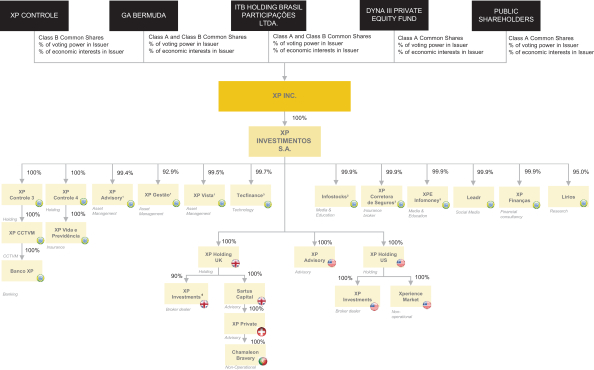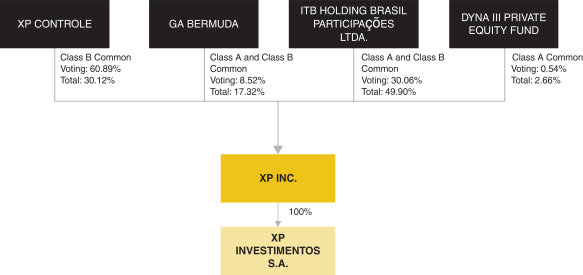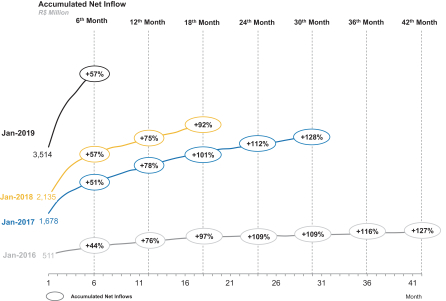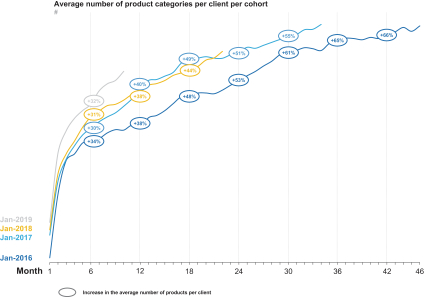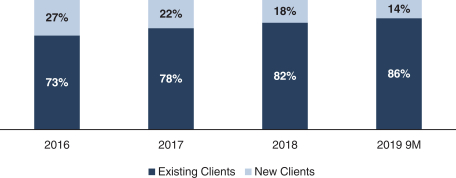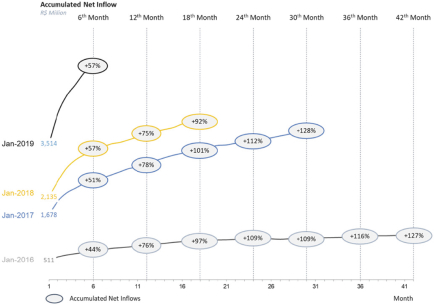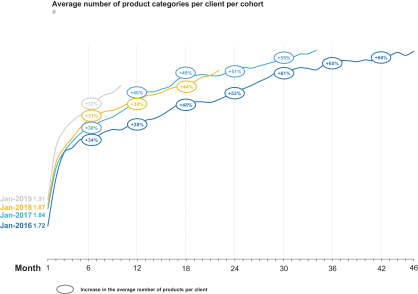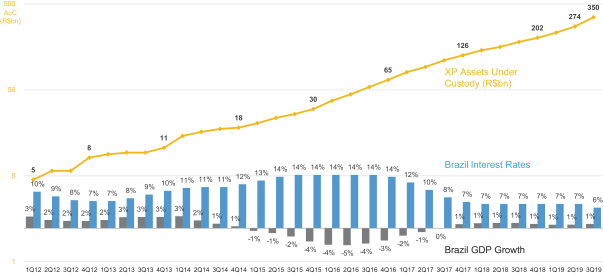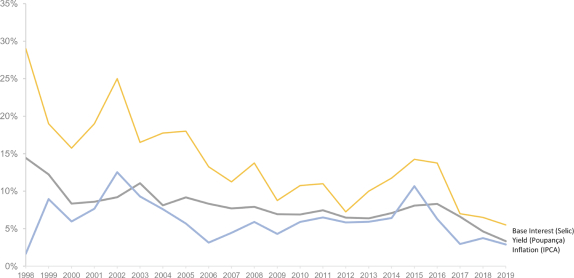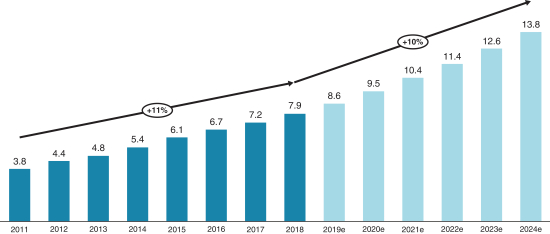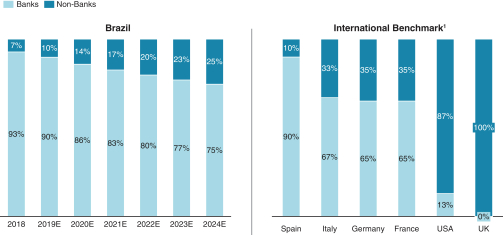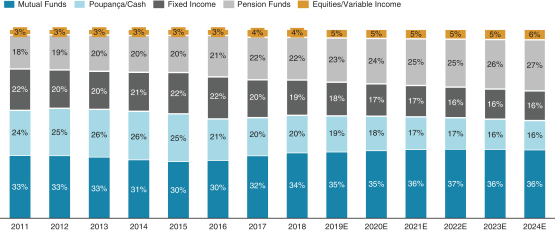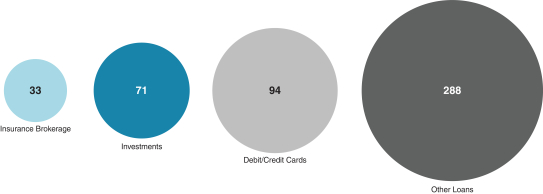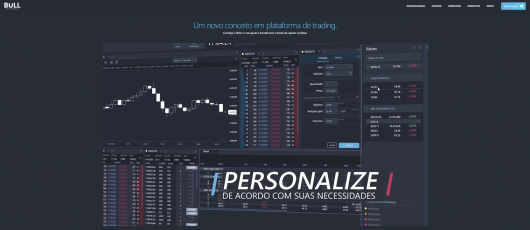companies, securities distributor companies, real estate credit companies, mortgage companies, among others – all of which are regulated by different rules issued by the CMN, the Central Bank, and, if such financial institutions participate in capital markets activities, the CVM. In addition, like financial institutions, stock exchanges are also subject to CMN, the Central Bank, and the CVM approval and regulation as well in accordance with Law No. 4,728/65.
Pursuant to Banking Law, CMN Resolution No. 4,122 of August 2, 2012, as amended, or CMN Resolution No. 4,122, and CMN Resolution No. 1,655 of October 26, 1989, financial institutions must seek approval from the Central Bank, and, in certain cases, the CVM when appointing managers (including directors, officers and members of certain statutory boards, such as fiscal councils). According to Law No. 4,728/65, for securities brokerage firms (such as XP CCTVM), managers are subject to further restrictions and are prohibited from working for or fulfilling any administrative, advisory, tax or decision-making positions at entities listed on the Brazilian stock exchange. In addition, managers of XP CCTVM are prohibited from filling managerial functions in other brokerage firms authorized to carry out foreign exchange transactions pursuant to CMN Resolution No. 1,770, of November 28, 1990.
According to CMN Resolution No. 2,723 of May 31, 2000, with the exception of (1) equity interests typically held in proprietary investment portfolios by investment banks, development banks, development agencies (agências de fomento) and multiservice banks (bancos múltiplos); and (2) temporary equity interests not categorized as permanent assets (ativos permanentes) by the financial institution, financial institutions must receive prior authorization from the Central Bank to hold capital interest of other companies. In order to receive authorization, the financial institutions’ activities must justify the need to hold capital interest for other companies; however, should the financial institutions participate in underwriting activities falling under certain exceptions established by the CMN, they will not need to provide justification.
In addition, as a principle, according to the Banking Law, Brazilian financial institutions are banned from granting loans or cash advances to their managers (officers, directors, and members of advisory boards, as well as their relatives). Certain exceptions to such restrictions are set forth in CMN Resolution No. 4,693 of October 29, 2018.
Furthermore, XP CCTVM and XP VP are required to maintain certain levels of regulatory capital, as determined by the Central Bank and SUSEP, respectively. For further information, see note 33(i) to our audited consolidated financial statements and note 23 to our unaudited interim condensed consolidated financial statements included elsewhere in this prospectus.
Securities Brokerage Firms
Securities trading in stock exchange markets shall be carried out exclusively by securities brokerage firms (such as XP CCTVM) and certain other authorized institutions. Brokerage firms are part of the national financial system and are subject to regulation by and the oversight of the CMN, the Central Bank and the CVM. Securities brokerage firms must be authorized by the Central Bank to trade on the stock exchange market. Among other roles, securities brokerage firms and certain other authorized institutions can act as underwriters in the public offering of financial instruments and may participate in the foreign exchange trades in any foreign exchange market, subject to certain limitations, as set forth in Central Bank regulations.
Brokerage firms are regulated by CMN Resolution No. 1,655 of October 26, 1989, as amended, or CMN Resolution No. 1,655, which allows brokerage firms to participate, among others, in the following activities: (1) trading in stock exchanges; (2) underwriting; (3) intermediating public offerings; (4) managing investment portfolios; and (5) intermediating foreign currency trades. In addition to CMN Resolution No. 1,655, brokerage firms are subject to regulations from the CVM.
Under the rules set forth by the Central Bank, brokerage firms (such as XP CCTVM) cannot execute transactions that may result in loans, facilities or cash advances to their clients, including through synthetic
116




